4 Benefits Of Apple Cider Vinegar Hair Rinse And How To Use It
Combine this wonderful vinegar with other effective hair care ingredients for incredible results.
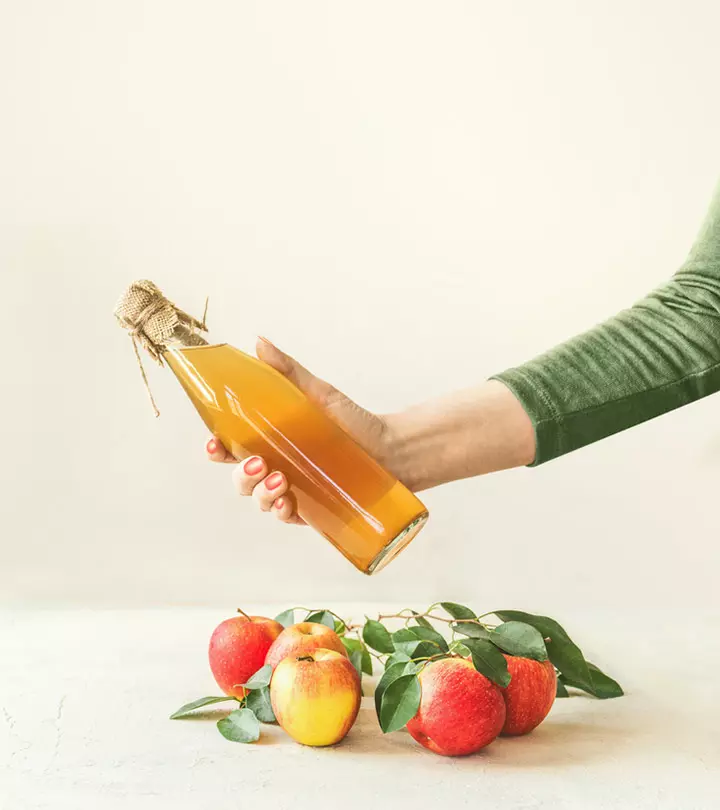
Image: Shutterstock
Keeping the scalp’s pH balance within a healthy range is vital to the hair and scalp health. An apple cider vinegar hair rinse is a great way to restore the pH imbalance. Most hair products have an alkaline pH, while the scalp has an acidic pH. This may cause a pH imbalance. If ignored, it can cause scalp and hair breakage issues.
Apple cider vinegar (ACV) has been used as a remedy due slightly acidic pH that prevents cuticles from opening, allowing them to retain their natural texture and sheen. Find out the benefits of ACV hair rinses and how they work in this article. Scroll down.
In This Article
Why Use ACV Hair Rinse: The Benefits
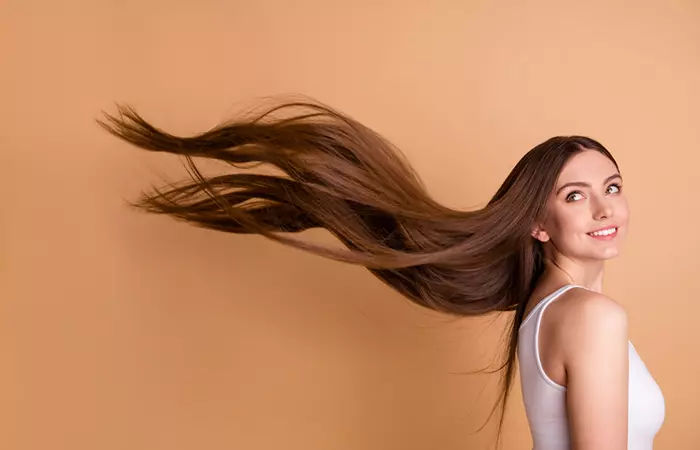
- Antimicrobial Activity: ACV has shown antifungal, antibacterial, and anti-inflammatory effects against microbes like E.coli, S. aureus, and C. albicans (1). These microbes cause skin infections and inflammation, leading to scalp issues and hair fall.
The antimicrobial effects of ACV were recorded in a research published in Scientific Reports that tested the microbial capacity of apple cider vinegar. The study combined the strains of C. albicans with diluted and undiluted ACV to note the effects. Check out the findings in the graph below.

Antimicrobial Activity Of ACV Against Various Bacteria
Source: Antimicrobial activity of apple cider vinegar against Candida albicans- Low pH: ACV is a fruit vinegar and contains acetic acid. It is a weak acid responsible for the low pH (5.0) of ACV. This is close to our scalp pH, and therefore, is a better cleansing option.
- Heals Wounds: Fungal and bacterial activity and lice infestationi The state of being invaded or attacked by pests, insects, or parasites that can cause and spread diseases. may irritate the scalp, damage the hair cuticles, and form scabs and painful bleeding sores. Applying diluted ACV to the affected areas can accelerate wound healing (2).
- Clears Buildup: Adding ACV to shampoos is a good way to deep clean your scalp. It helps eliminate product buildup, excess oil, grime, and dead skin around the hair follicles. Healthy follicles anchor the hair shafts better, support quicker hair growth, and retain natural shine.
Sarah Marie, a lifestyle blogger, talks about the benefits of using an apple cider vinegar rinse on her hair during her no-poo journey. She writes, “I don’t use conditioner either- and let me tell you what, my hair is actually stronger, shinier, and less dry & brittle thanks to apple cider vinegar and raw (unrefined) coconut oil (i).” Further, she adds a tip to detangle before washing your hair and using an ACV rinse as it makes the wet hair feel rough, however, it gets all smooth and soft, once dried.
There are several ways of using ACV on the hair and skin. However, using it as a hair rinse gives quick and visible results. Moreover, there are various other natural homemade hair rinse that you can try to give your hair the necessary boost of health. Scroll down to learn how to whip up a quick, safe, and natural homemade hair rinse with ACV:
Key Takeaways
- Apple cider vinegar hair rinse helps balance the pH of your scalp.
- It is a natural conditioner that prevents cuticles from opening and helps maintain their natural texture and sheen.
- You can deep clean your scalp by adding apple cider vinegar to your shampoo.
- Horsetail, nettle, and ACV hair rinse are suitable for people who have alopecia and telogen effluvium.
How To Make An ACV Hair Rinse
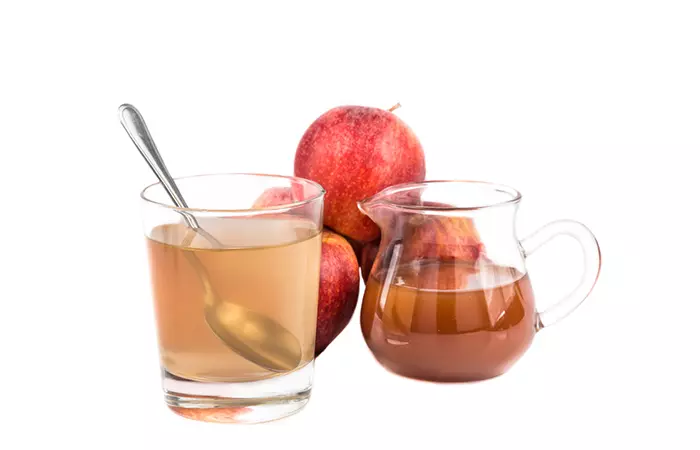
Always use a fresh rinse and prepare it just before taking a shower. You don’t need to condition your hair as ACV is a natural conditioner. Here’s how to make it:
You Will Need
- 2-4 tablespoons of apple cider vinegar
- 1 cup (8 oz.) of water
- A spray bottle
Preparation
- Mix the ACV and water.
- Transfer the contents to a spray bottle.
- Keep it in your shower caddy or bath kit.
Note: Use raw, organic apple cider vinegar to get the most benefits and the best results
For oily hair, use it once every week, while for dry hair, use it once or twice a month. For normal hair type, use it once every two weeks. Here you can use apple cider vinegar for your hair as a rinse.
 Did You Know?
Did You Know?How To Use ACV Hair Rinse
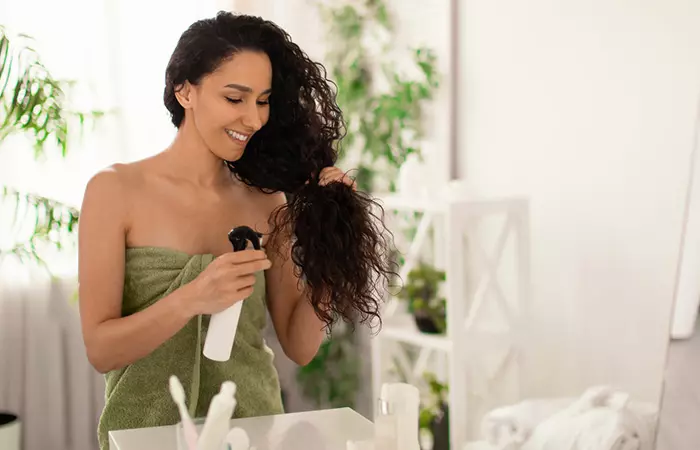
As A Pre-shampoo Treatment
- Spray the ACV hair rinse on your hair and scalp.
- Massage the scalp and leave it on for 5-10 minutes.
- Rinse with cool water.
- Continue with your hair wash routine.
As A Natural Conditioner (Post-Wash Rinse)
- Saturate your shampooed and wet hair and scalp with the ACV rinse.
- Massage the scalp gently using your fingertips.
- Leave the solution on for about 5 minutes.
- Rinse it thoroughly with room temperature water.
You can also add natural and herbal extracts, juices, and ingredients to enrich your ACV hair rinse. Check out the recipes below.
Some More ACV Hair Rinse Recipes

1. ACV And Aloe Vera Hair Rinse
This hair rinse recipe is great for dry hair.
Aloe vera gel has hydrating properties and acts as an emollienti A waxy substance that helps soften and hydrate the skin by creating a thin film over it and retaining moisture. for dry skin (3). It may help restore dry and flaky scalp and keep the hair healthy. You dont need to condition your hair after using this hair rinse.
You Will Need
- 4 tablespoons of apple cider vinegar
- 1 tablespoon of aloe vera gel
- A squeeze bottle
- A mixing bowl
Method
- Blend the ACV and aloe vera in the mixing bowl. Adjust the quantities as per the desired consistency and hair length.
- Transfer the contents to the squeeze bottle.
- Apply the mixture to shampoo-washed hair and scalp and massage.
- Leave it on for about 4-5 minutes.
- Rinse with lukewarm water.
2. ACV And Essential Oil Hair Rinse
This one is for all aromatherapy lovers. Lavender, peppermint, and rosemary essential oils have shown hair growth-promoting effects in animal studies (4), (5), (6). This hair rinse is best for those who have hair fall issues.
You Will Need
- ¾ cup filtered or purified water
- ¼ cup of apple cider vinegar
- 3 drops of rosemary oil
- 3 drops of lavender oil
- 3 drops of peppermint oil
- A clean spray bottle (200 ml capacity)
Method
- Combine ACV and water in a clean spray bottle. Stir or shake well.
- Add the essential oils and shake to blend.
- Spritz the rinse onto clean and damp hair and scalp (before or after shampooing).
- Leave it on for 3-4 minutes.
- Rinse with lukewarm water and continue with your hair wash routine.
3. Horsetail, Nettle, And ACV Hair Rinse
This hair rinse is best for those with alopeciai A disease that causes hair loss from the scalp and the body when the immune system attacks hair follicles. and telogen effluvium. When taken as food, horsetail extract may strengthen and thicken your hair by inhibiting the baldness-causing genes and respective proteins (7). Animal studies found that applying nettle extract could promote blood circulation and cell growth and induce anagen (growth) in hair follicles (8).
You Will Need
- ¼ cup of dried horsetail
- ¼ cup of dried nettle
- 2-3 drops of lavender essential oil or ¼ cup of dried lavender
- 4 cups of apple cider vinegar
- A 1-quart mason jar
- A 1-quart glass or spray bottle
Method
- Put the herbs into the mason jar and fill it with apple cider vinegar.
- Close the lid and shake well. Leave it to mature for 2-4 weeks.
- Strain the herbs and store the concoction in a glass bottle or spray bottle.
- Spray or pour it on shampoo-washed damp hair.
- Massage your scalp and leave it on for 2-3 minutes.
- You may or may not rinse it off with lukewarm water, depending on how your hair likes it.
These three unique ACV hair rinse recipes will make you fall in love with your hair. Try them to get back the natural shine and texture of your locks. And while you are at it, keep these points in mind.
Tips To Remember When Using An ACV Hair Rinse
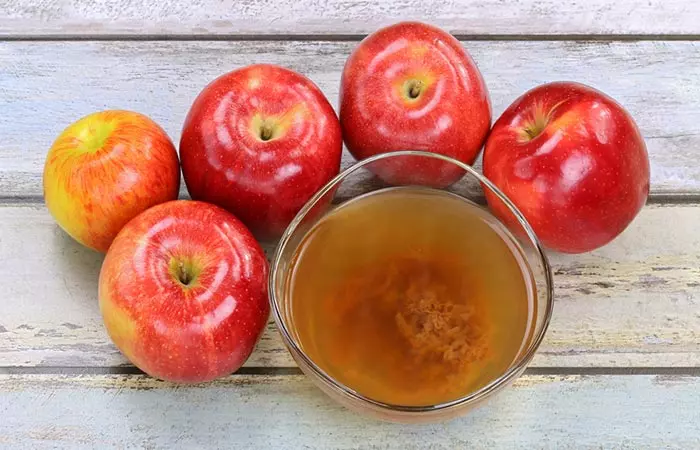
- Adjust the quantity and dilution rate of ACV as per your hair length, scalp type, and dermatological concerns.
- Do not use an ACV hair rinse on color-treated hair and sensitive scalp. ACV can fade the color, and the acetic acid in it can irritate a sensitive scalp.
- Avoid getting ACV into your eyes.
- Do not overuse this rinse. Use it every two weeks initially and see how your hair and scalp respond.
Leah, a skin care, hair care, and lifestyle blogger offers an insight in her blog on you feeling like she has overused ACV. “When I went through a period of dry hair I stopped using apple cider vinegar on my hair for a few weeks and noticed a difference (ii),” she notes.
- Use top-quality ACV with ’vinegar mother’ or 100% pure’ tags. Adulterated and processed ACV may irritate your hair and skin.
 Fun Fact
Fun FactWashing your hair with apple cider vinegar (ACV) usually does not cause adverse effects. However, using it wrong may cause some symptoms. Learn more about them in the next section.
Side Effects Of Washing Your Hair With Apple Cider Vinegar
- Its acidic nature may cause scalp irritation, dryness, or itching, or even damage hair cuticles if used in higher concentrations or without diluting properly.
- Overuse can also lead to hair dryness and breakage, especially if you have dry or brittle hair.
- ACV’s strong smell may persist even after rinsing and may cause temporary unpleasant odor.
You can minimize these potential risks by properly diluting ACV with water before use and conducting patch tests. Limit its use to once or twice a week. Also, consult a dermatologist or hair care professional if you experience persistent side effects.
Infographic: Other Uses Of Apple Cider Vinegar
Apple cider vinegar adds several benefits to your skin and hair, but did you know it can improve your overall health? It is one of the common remedies used to maintain digestive health, treat dandruff, improve your skin texture, and heal scalp issues. It can also be used as a cleaning agent and preservative.
Check out the infographic below to learn how you can benefit from apple cider vinegar in your daily life. Illustration: StyleCraze Design Team
Maintaining your scalp’s pH level is essential to improving your hair health, managing scalp issues, and preventing scalp infestations and infections. But most hair care products have high pH levels that compromise your scalp environment and health. The apple cider vinegar hair rinse is growing in popularity as it maintains your scalp pH. Additionally, ACV has antimicrobial properties that protect the scalp from infections. And the apple cider vinegar rinse can remove the impurities and product buildup that clog the pores in the scalp. Scroll up to read the other ways you can use ACV to boost your hair and scalp health!
Frequently Asked Questions
Do you need baking soda for ACV rinse?
Baking soda is generally added to an ACV rinse to balance the pH level of the scalp. It can also be skipped if it does not suit your hair.
What does apple cider vinegar do to gray hair?
Apple cider vinegar can be used to manage the frizz and dryness of gray hair. It also helps remove toxins and product buildup from the hair and scalp.
Will apple cider vinegar stop itchy scalp?
Yes, apple cider vinegar can help manage an itchy scalp. It has antibacterial and antifungal properties that help reduce the itchiness of the scalp. Use apple cider vinegar diluted with warm water as a hair rinse to manage an itchy scalp.
Can apple cider vinegar help with dandruff?
Yes, apple cider vinegar may help manage dandruff. Its acidic nature balances the scalp’s pH and may reduce fungus growth that causes dandruff, leaving your scalp feeling healthier (9).
Illustration: Benefits Of Apple Cider Vinegar Hair Rinse And How To Use It
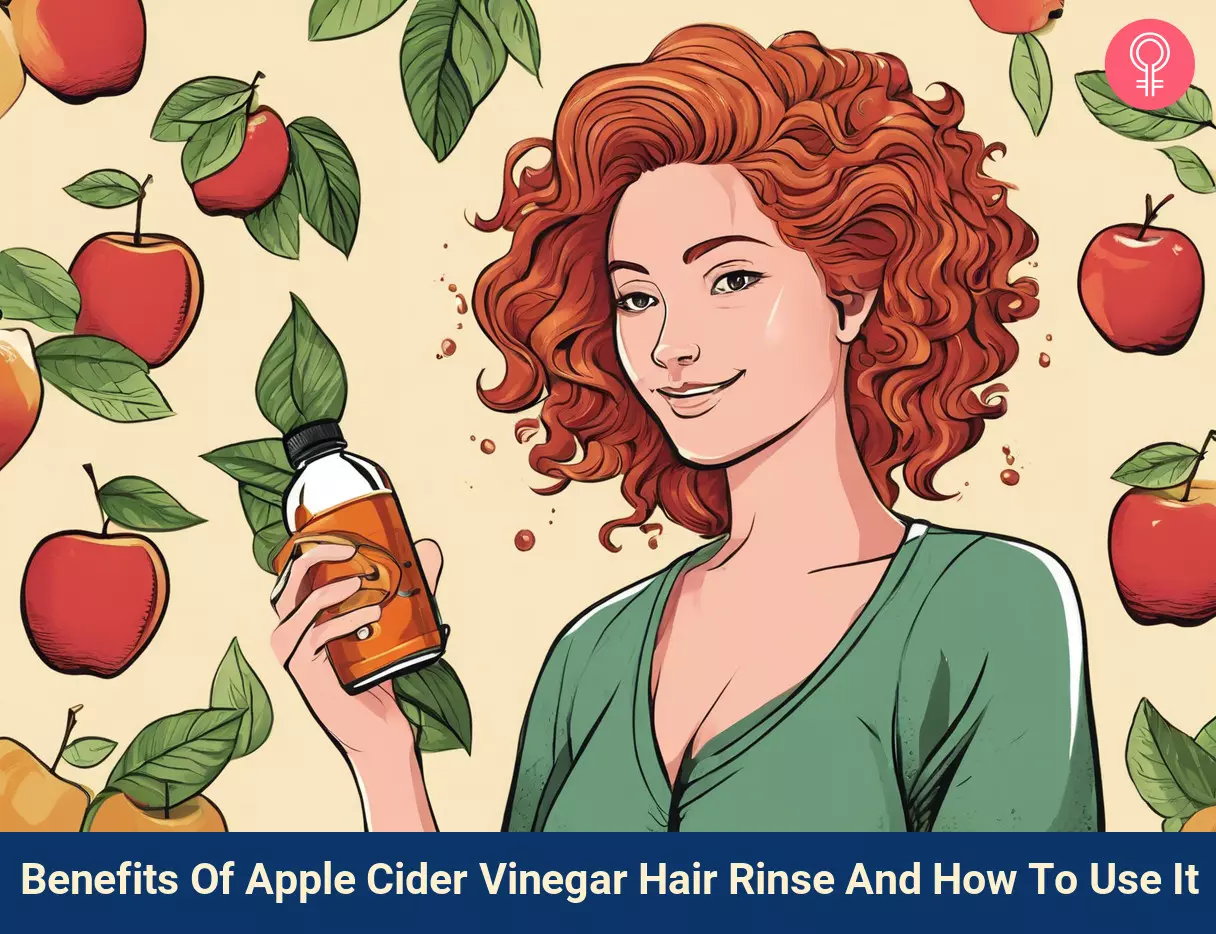
Image: Stable Diffusion/StyleCraze Design Team
Revolutionize your hair care routine and embark on a transformative 30-day challenge to explore the wonders of apple cider vinegar hair rinse for luscious locks and a healthy scalp. Watch this video now!
Personal Experience: Source
StyleCraze's articles are interwoven with authentic personal narratives that provide depth and resonance to our content. Below are the sources of the personal accounts referenced in this article.
i. I’ll Never Shampoo My Hair Again, EVER. (Seriously!)https://justsarahg.wordpress.com/2013/08/14/ill-never-shampoo-my-hair-again-ever-seriously/comment-page-5/
ii. Why I Rinse My Hair With Apple Cider Vinegar
https://www.arelaxedgal.com/2015/04/why-i-do-apple-cider-vinegar-rinses.html#google_vignette
References
Articles on StyleCraze are backed by verified information from peer-reviewed and academic research papers, reputed organizations, research institutions, and medical associations to ensure accuracy and relevance. Read our editorial policy to learn more.
- Antimicrobial activity of apple cider vinegar against Escherichia coli, Staphylococcus aureus and Candida albicans; downregulating cytokine and microbial protein expression
https://www.ncbi.nlm.nih.gov/pmc/articles/PMC5788933/ - Vinegar: Medicinal Uses and Antiglycemic Effect
https://www.ncbi.nlm.nih.gov/pmc/articles/PMC1785201/ - Ethnopharmacological survey of home remedies used for treatment of hair and scalp and their methods of preparation in the West Bank-Palestine
https://www.ncbi.nlm.nih.gov/pmc/articles/PMC5499037/ - Hair Growth-Promoting Effects of Lavender Oil in C57BL/6 Mice
https://www.ncbi.nlm.nih.gov/pmc/articles/PMC4843973/ - Peppermint Oil Promotes Hair Growth without Toxic Signs
https://www.ncbi.nlm.nih.gov/pmc/articles/PMC4289931/ - Promotion of hair growth by Rosmarinus officinalis leaf extract
https://pubmed.ncbi.nlm.nih.gov/22517595/ - Inhibition of 5α-Reductase, IL-6 Secretion, and Oxidation Process of Equisetum debile Roxb. ex Vaucher Extract as Functional Food and Nutraceuticals Ingredients
https://www.ncbi.nlm.nih.gov/pmc/articles/PMC5691721/ - Study of Vasodilating and Regenerative Effect of the Gel with Nettle Juice intended for Telogen Effluvium Treatment
https://www.japsonline.com/admin/php/uploads/2532_pdf.pdf - Traditional Vs. Conventional Methods for the Management of Dandruff
https://www.ijsr.net/archive/v6i11/ART20171061.pdf
Read full bio of Tiffany Young
Read full bio of Swathi Handoo
Read full bio of Eshna Das
Read full bio of Monomita Chakraborty






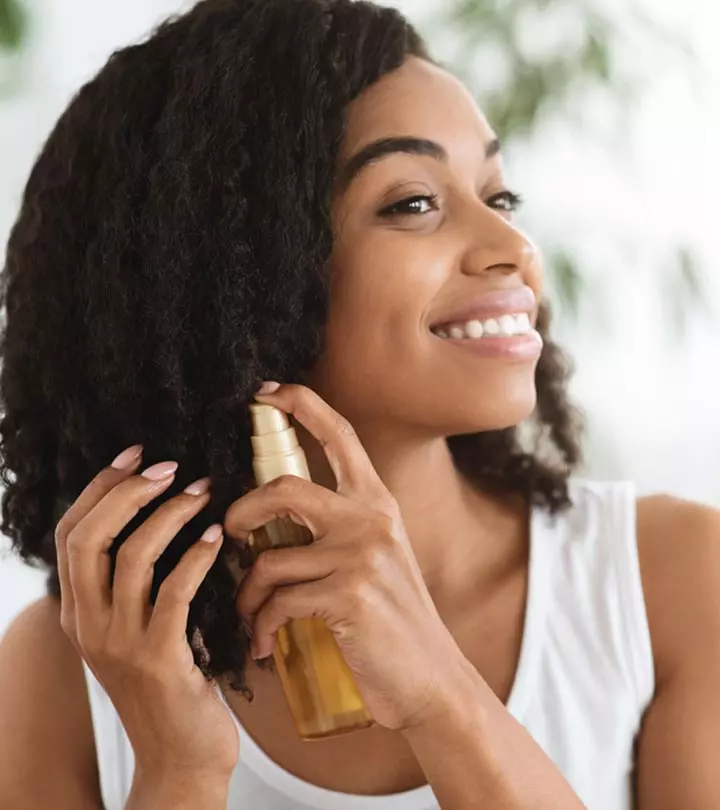

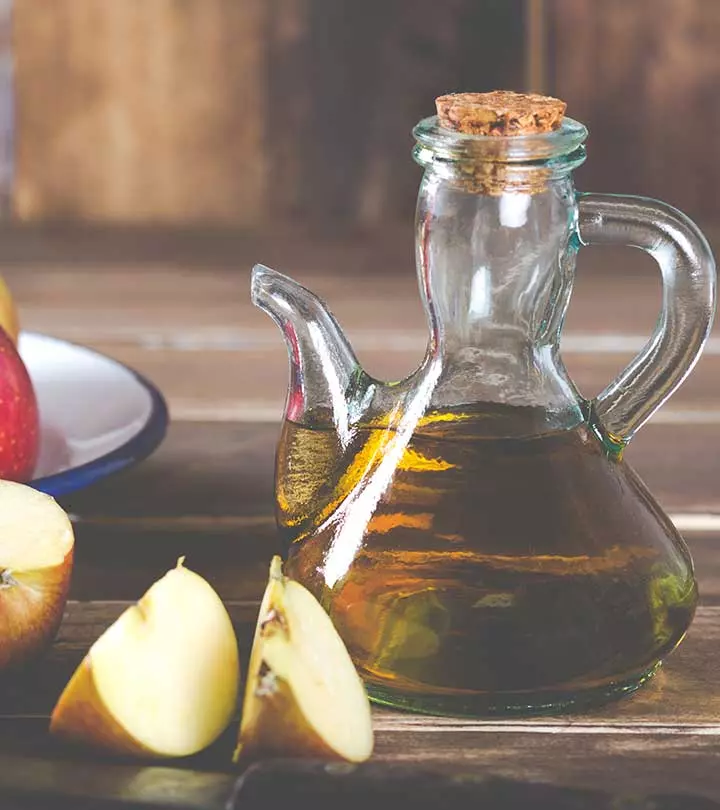
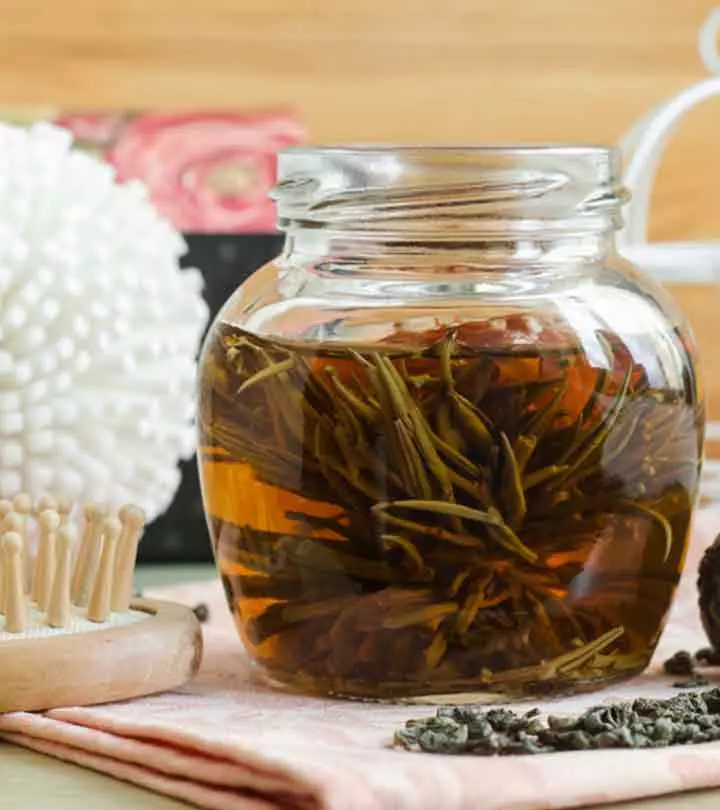
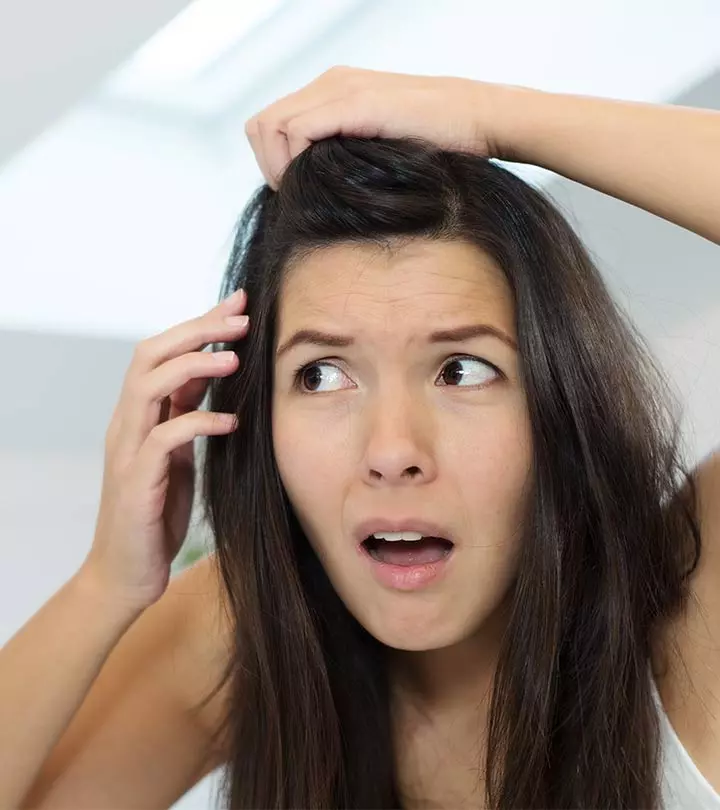
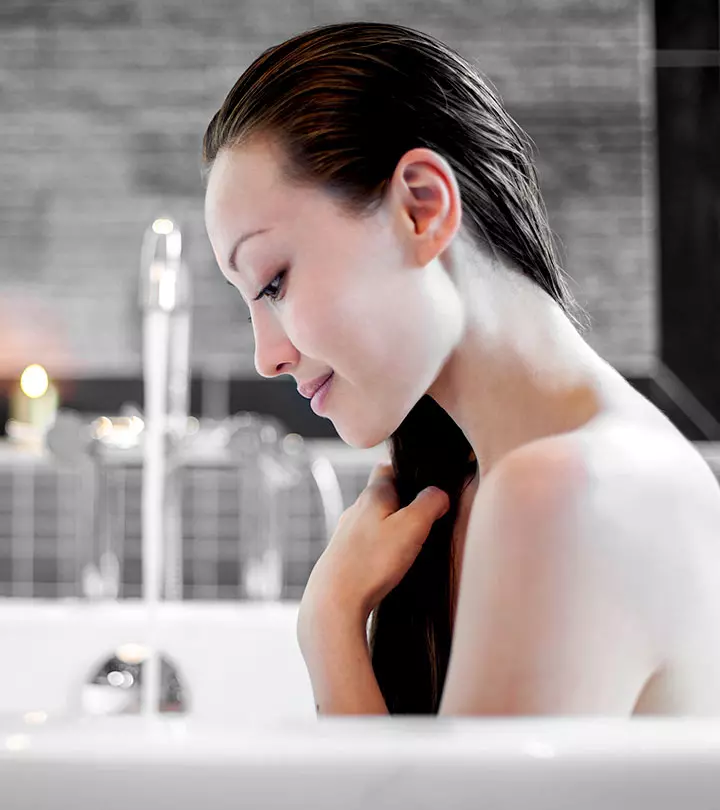


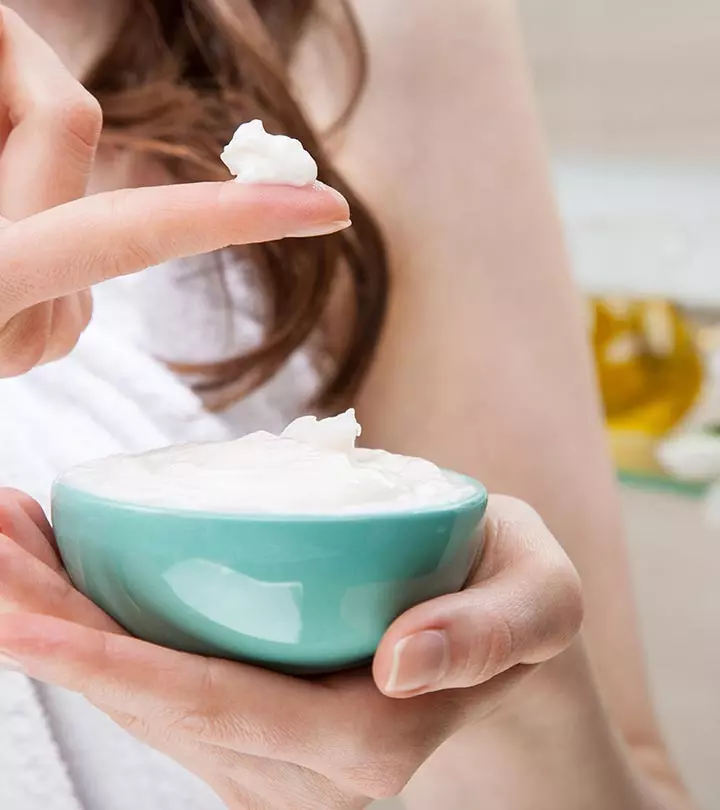
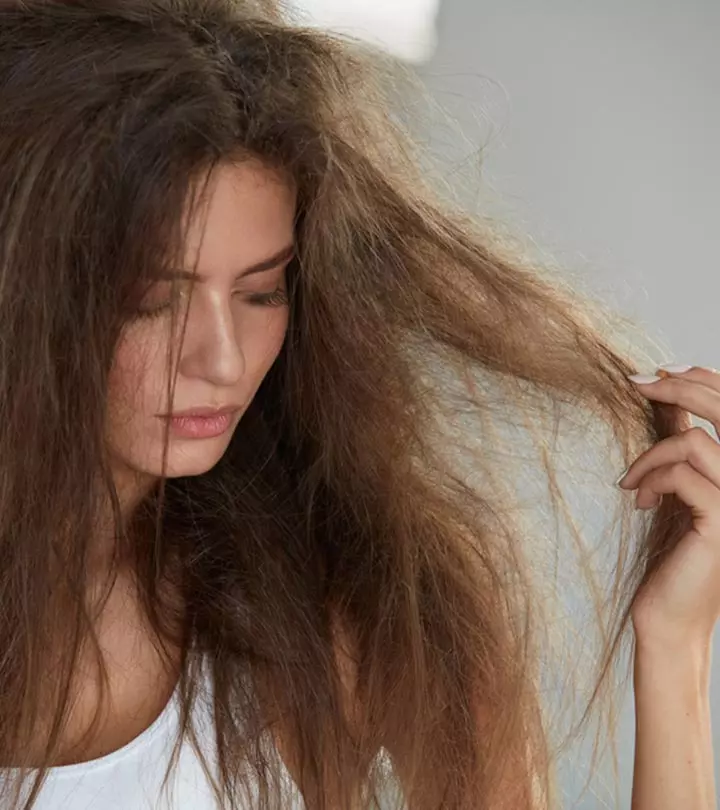
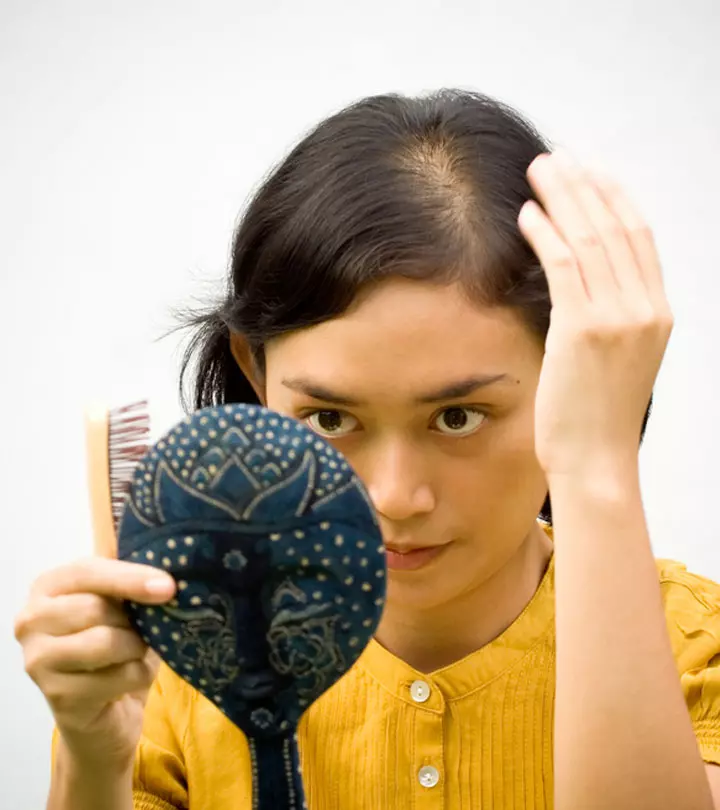
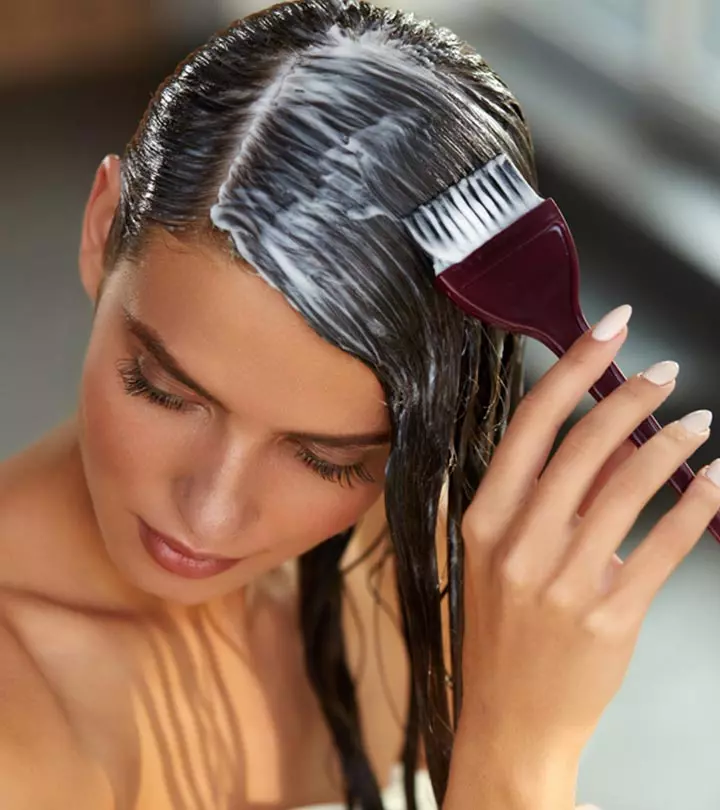
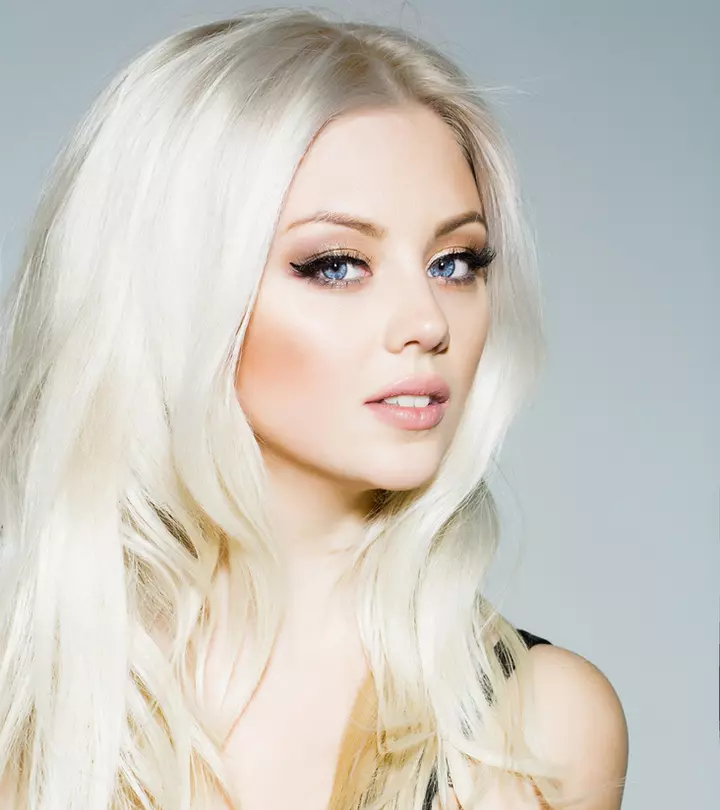
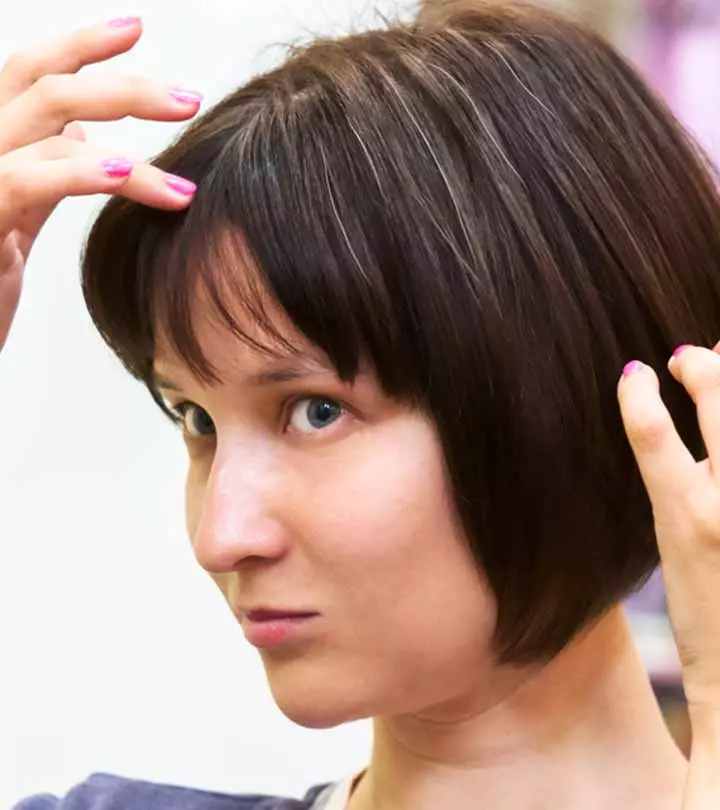
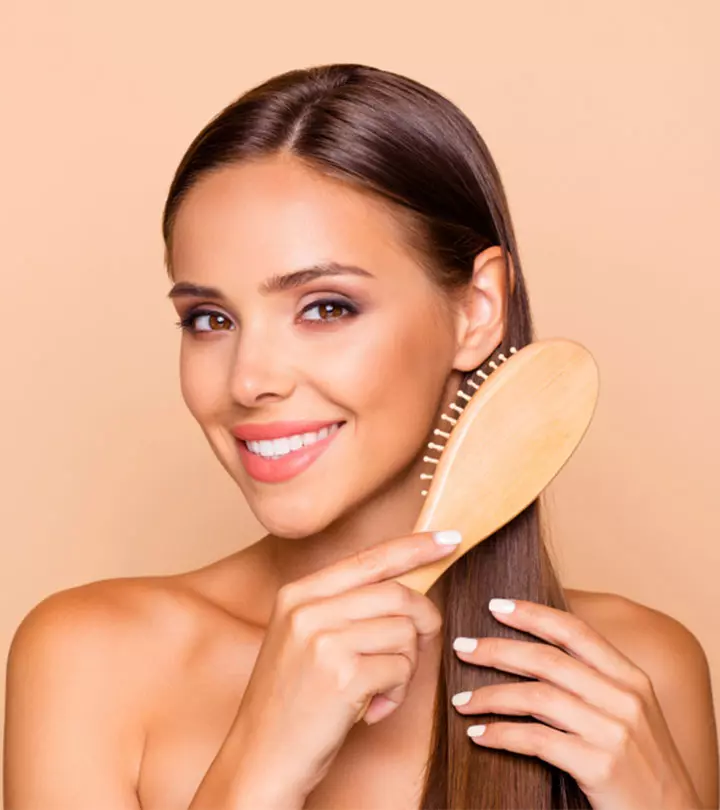
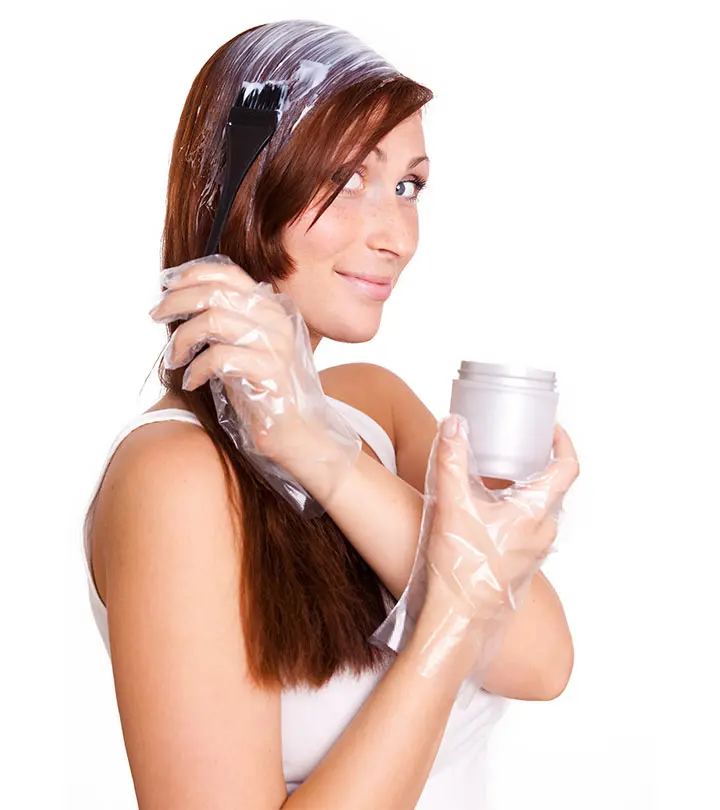
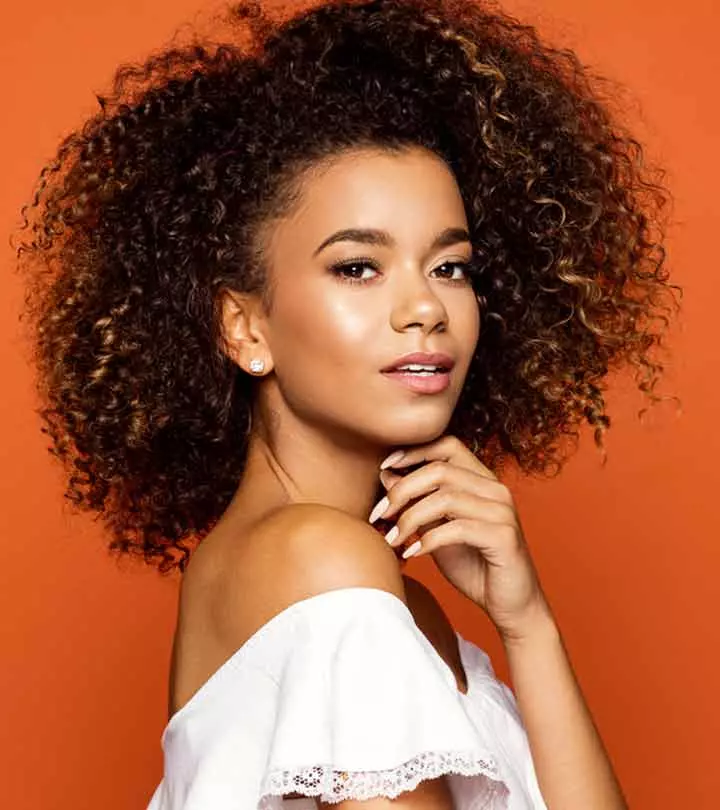
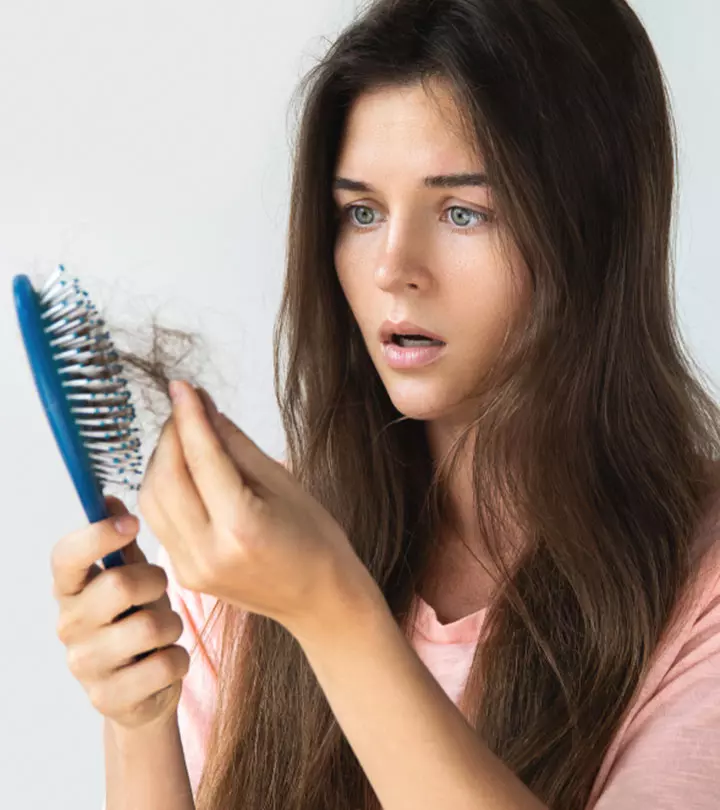
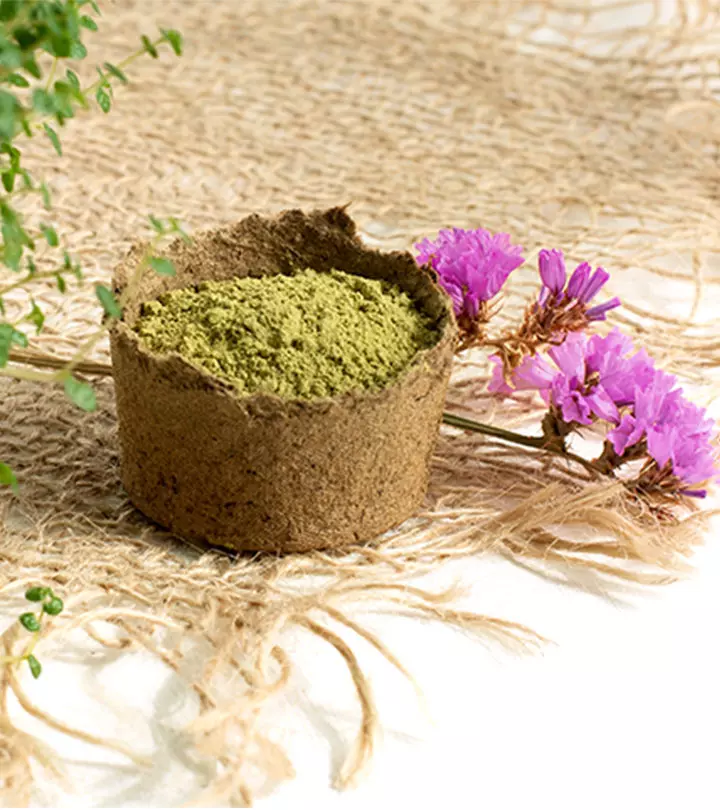
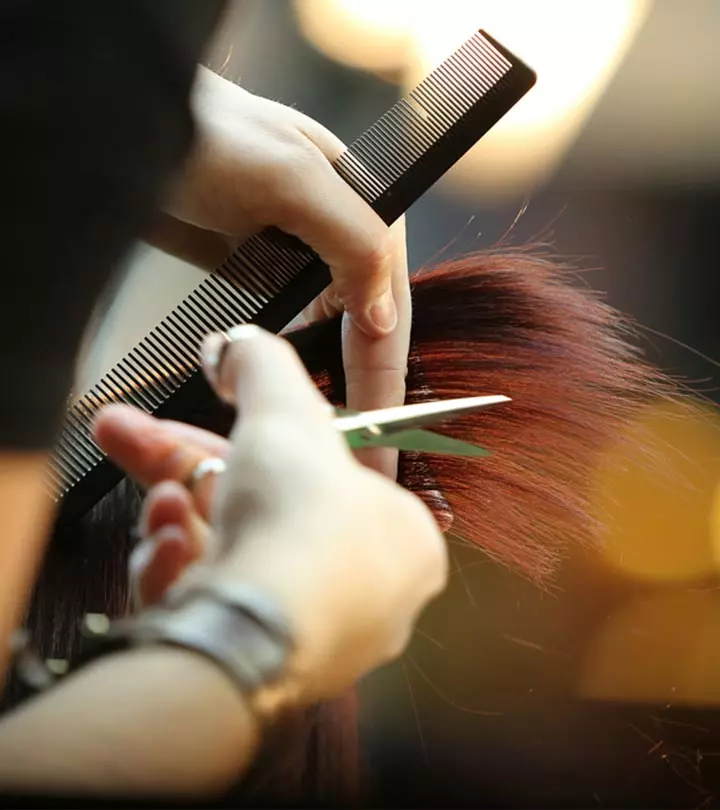
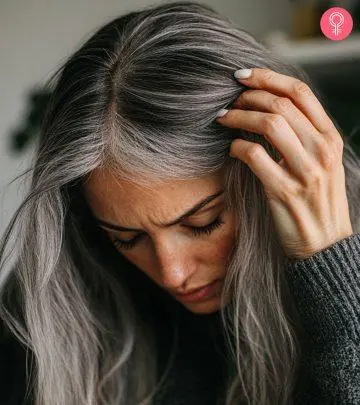
Community Experiences
Join the conversation and become a part of our empowering community! Share your stories, experiences, and insights to connect with other beauty, lifestyle, and health enthusiasts.